Drug and alcohol addiction are behaviors. As such, behavioral therapy is typically one of the foundations of treatment for these conditions. Behavioral approaches are useful because they tell you how to change the thoughts and emotions that usually lead to negative behaviors. While that seems simple, this type of treatment is engaging, beneficial, and effective. At Red Oak Recovery® in North Carolina, we provide this type of therapy to men battling addiction. Reach out to our team today at 866.457.7590 to learn more about our treatment center.
What Does Behavioral Therapy Offer to You?
The benefit of behavior therapy comes from engaging in developing strategies to change addictive behaviors. Some of the key benefits that come from it include:
- Learning life skills to handle stress and challenges in daily life
- Using environmental cues that could trigger cravings to avoid them
- Learning to remain abstinent and the benefits of doing so
- Engaging in treatment even when you’re unsure if you should
- Modifying attitudes and negative thought patterns to control outcomes
- Gaining control over symptoms of mental health disorders
Finding the right way forward with behavior therapy takes working one on one with a therapist. During individual counseling, most people learn what type of behavior therapy is right for them. They discover how to engage in it and how to use the tools of that behavior to achieve better outcomes.
Types of Behavioral Therapies
At Red Oak Recovery®, we use various behavior therapy styles and techniques to change all of these behaviors. Each one focuses on a specific strategy or element. Some of them include:
- Cognitive-Behavioral Therapy: In this type of therapy, often used to treat alcohol, cocaine, meth, and marijuana addiction, the goal is to recognize negative thought patterns. A person then learns how to change those thought patterns around to avoid negative behaviors.
- Dialectical Behavior Therapy: In this treatment, a person learns to live in the moment. They explore ways to change their outcome by embracing realistic thoughts and emotions rather than unhelpful negative thoughts.
- Motivational Enhancement Therapy: In this treatment, a person may be unwilling to engage in treatment. The therapist works to increase their motivation to engage in therapy to achieve better outcomes in addiction therapy.
- Contingency Management Interventions: This type of program can give people some tangible reward when they achieve a set goal, such as abstaining from the use of drugs or alcohol. This method helps encourage people to engage in treatment.
- 12 Step Models: This behavior therapy model encourages people to rely on a higher power to help them change behaviors. It is guided by 12 steps a person takes to come to grips with their addiction.
What Can Treatment Outside of Tennessee Offer to You?
Our team works closely with you to ensure you have a solid foundation of healing. We provide an assessment, determine what strategies may help you, and encourage you to participate in behavioral therapy. The more fully that you do, the more likely you are to have the type of outcome that is best suited for your situation and specific needs. Most people in addiction therapy will utilize some or all of these behaviors. At Red Oak Recovery®, some of the supportive therapies and programs we offer include:
- Men’s rehab programs
- Family therapy programs
- Holistic healing tools
- Dual diagnosis treatment
Call Red Oak Recovery® Now
Behavioral therapy is the foundation of treatment for drug and alcohol addiction in Tennessee, North Carolina, and beyond. It may be one of the most important investments you make in your health. When you reach out to Red Oak Recovery® in North Carolina, our team will work closely with you to determine if this is the best therapy option in your situation. To get started with an assessment, call 866.457.7590 or connect with us online.









